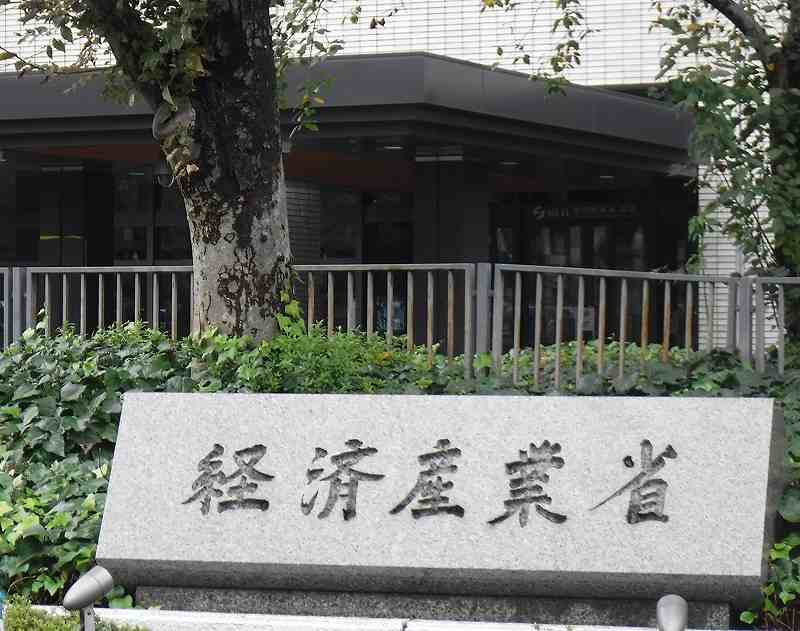 Japan’s Ministry of Economy, Trade & Industry (Meti) has presented a draft on NPP life extension to an expert panel. The draft explains the direction of the economy ministry’s nuclear policy and its action plan and would effectively allow NPPs to operate beyond the current upper limit of 60 years.
Japan’s Ministry of Economy, Trade & Industry (Meti) has presented a draft on NPP life extension to an expert panel. The draft explains the direction of the economy ministry’s nuclear policy and its action plan and would effectively allow NPPs to operate beyond the current upper limit of 60 years.
The draft states that the development and construction of next-generation NPPs will take place when rebuilding power plants that will be decommissioned. It also says it will allow NPPs to operate for more than 60 years by excluding periods of suspension for safety inspections and other reasons.
This would be a change from the current rules for nuclear power plants — adopted in the wake of the 2011 accident at the Fukushima Daiichi NPP — under which Meti said it did not envision building or replacing reactors.
The draft says that the development and construction of next-generation innovative reactors will be promoted, incorporating new safety mechanisms on the premise of ensuring safety. It also says next-generation plants will be introduced when rebuilding nuclear plants for which decommissioning has been decided.
According to the draft, Japan’s research and development system for next-generation plants will be enhanced. A government command post will be created to direct research and development projects run by the government, the Japan Atomic Energy Agency and private companies. The development of personnel for nuclear-related work will also be strengthened.
Under the Law on the Regulation of Nuclear Source Material, Nuclear Fuel Material and Reactors, the operating period of a NPP is set at 40 years in principle, with a maximum of 60 years. By not counting as part of the operating period any times during which plants were closed for safety inspections by the Nuclear Regulation Authority after the 2011 accident, or for a court order or other reasons, it would become possible to operate plants for more than 60 years.
The ministry also studied a plan to not set an upper limit for the operating period. However, it decided not to include this in the draft because certain parties, including some local governments hosting NPPs, had voiced concerns about the safety of older plants.
According to the draft, an authorised corporation will be established to comprehensively manage decommissioning work at existing nuclear power plants, which is expected to increase in the future.
In order for the government to take the lead in promoting nuclear energy policy, a taskforce to support areas hosting nuclear plants will be established to help them formulate evacuation plans, among other things.
In August, Prime Minister Fumio Kishida ordered a study of the nation’s nuclear policy at a meeting of a council to implement a green transformation, which aims at decarbonisation. The ministry is expected to continue discussions at the panel of experts and report them to the council meeting in December.






